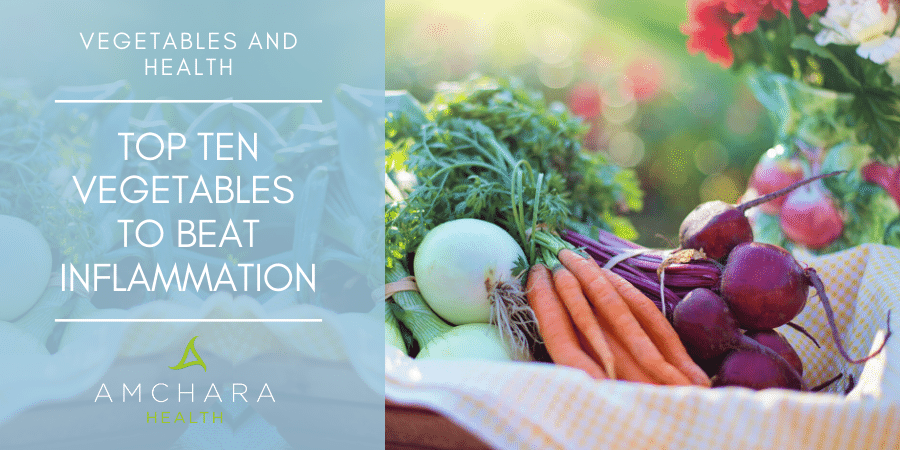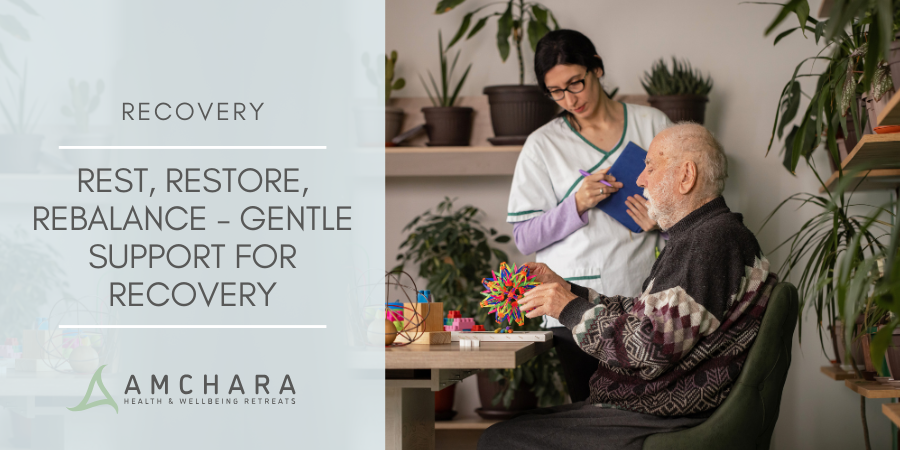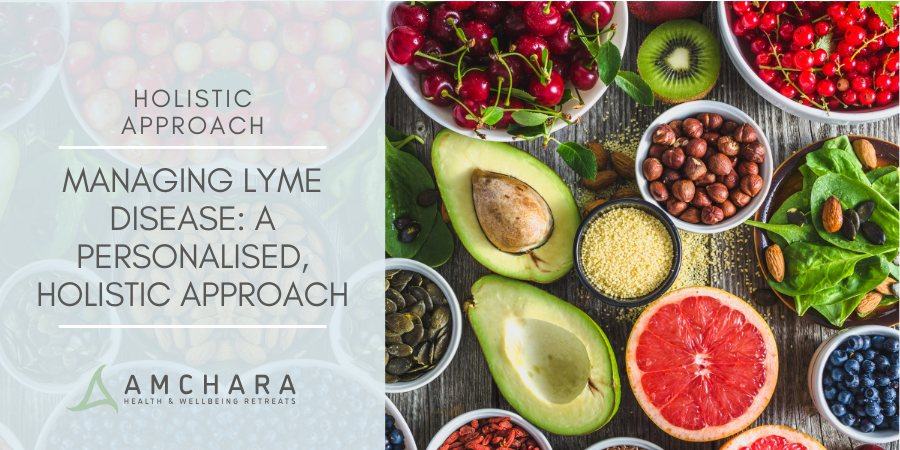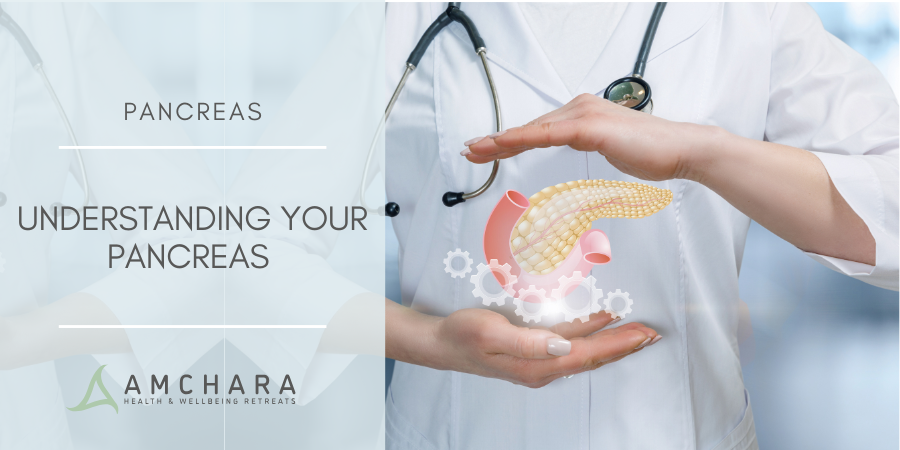It’s impossible to miss the message to eat more vegetables, but sometimes it can be difficult to ensure you are consuming enough each day.
Because vegetables are so important to your health, we’re going to look at ten superstars of the vegetable world to include in your food choices. As we’ll find out, vegetables can help reduce inflammation, protect against cancer and support brain health.
Mighty vegetables
Vegetables provide you with essential vitamins and minerals, as well as antioxidants.
In the course of normal day to day life, every cell in your body produces free radicals, unstable molecules possessing an extra electron. Unless they are neutralised by antioxidants, these free radicals can cause damage to cells, particularly to the DNA.
A lack of antioxidants is a major factor in ageing and cellular damage and including a range of antioxidants in your daily food choices can protect your cells from oxidative stress (an imbalance of free radicals and antioxidants). Antioxidants come in many different types, each with their own specific role.
Vegetables are packed with other plant chemicals which can help reduce inflammation in the body. Inflammation is how the body naturally deals with injury, such as a swollen twisted ankle, and is a necessary part of overcoming trauma, but inflammation can become destructive if it carries on for too long. Scientists now believe chronic inflammation is at the heart of many chronic diseases.
Vegetables are a good source of fibre, helping you feel full up and feeding your gut bacteria. A healthy balance of bacteria in your digestive system has beneficial effects not only on your digestion but also your immune system, weight control and mood.
Although all vegetables are a great choice, we’ve chosen ten of the best for you because they are particularly dense in nutrients and packed with antioxidants.
#1 Kale, spinach and Swiss chard
Three for the price of one for our top choice – but it really is hard to pick between them when it comes to nutritional content, so we’ve bunched these three leafy green vegetables together at the start of the list. Spinach and Swiss chard belong to the beet family and are not related to kale, which belongs to the cabbage family.
All three are packed with antioxidants, particularly plant pigments known as carotenoids, which have been shown to reduce the rate at which cancer cells grow (1), as well as playing an important role in eye and skin health. Additionally, they are a great source of vitamins A, C, K and folate.
Kale has been studied with regard to its effect on cardiovascular health, mood, blood pressure and blood sugar balance.
In one study, men with high cholesterol drank 150 ml of juiced kale per day for three months. Their so-called ‘good’ cholesterol increased by almost 30%, while their ‘bad’ cholesterol decreased by 10% (2).
In research, spinach reduced blood pressure and supported heart health.
Swiss chard extract has been found to decrease blood sugar levels in diabetes and appeared to prevent diabetes related damage to the liver and kidneys.
Green leafy vegetables are extremely versatile – eat in salads, add to casseroles, lightly steamed – the possibilities are endless.
#2 Broccoli
Broccoli belongs to the cruciferous vegetable family. Research suggests eating cruciferous vegetables may help protect against developing cancer; one study found the more cruciferous vegetables were consumed, the lower the incidence of breast cancer.
Broccoli, in common with other cruciferous vegetables, contains sulphur-based chemicals, giving broccoli its characteristic taste. When we chop or chew broccoli, other substances including sulforaphane and indole-3-carbinol are formed.
These may help the liver to detoxify harmful substances, including hormones – in particular the types of oestrogens linked to breast and endometrial cancer. In studies, sulforaphane has been shown to cause breast cancer cells to shrink and die (3).
Another study gave volunteers a drink extracted from broccoli sprouts. They found it caused them to excrete airborne environmental pollutants in the urine at a faster rate than usual. Broccoli sprouts have also been found to support heart health.
Broccoli contains vitamins C and K, folate, and the minerals potassium and manganese.
It is delicious lightly steamed, in soup, eaten raw as a crudité or roasted.
#3. Red cabbage
Another superstar member of the cruciferous vegetable family, red cabbage is rich in sulphur compounds, which as we’ve seen are important for liver detoxification.
Also packed with vitamin C and fibre, the gorgeous rich colour of red cabbage should tell you it contains plenty of antioxidants, in this case anthocyanins, linked to improved heart, eye and brain health, as well as better memory and reduced cholesterol levels (4). Red cabbage extract has been demonstrated to protect the liver.
Before you rush out to consume platefuls of cruciferous vegetables, it’s worth knowing that alongside all those beneficial ingredients, this family of veg also contain substances called goitrogens which can suppress thyroid function. Theoretically, consumption of large quantities of cruciferous vegetables could cause symptoms of low thyroid in people whose thyroid function is already borderline.
The good news is, once goitrogens are heated they are deactivated, so lightly cooking red cabbage and other vegetables belonging to this family will negate these adverse effects. So goitrogens only really pose a problem if you consume lots of raw cruciferous veg or large quantities of their juice.
Red cabbage is delicious braised slowly with apple and spices, shredded raw in salads or made into sauerkraut.
#4. Garlic
This vegetable is part of the onion family and has been used medicinally for thousands of years. It’s a great source of sulphur compounds, especially allicin.
Garlic has been widely studied for its health benefits, particularly in relation to cardiovascular health, reducing blood pressure and supporting immunity. Raw garlic has been found to significantly lower cholesterol levels.
Allicin has also been researched in connection with its ability to reduce the growth of cancer cells, in particular cervical, breast and colon cancer.
Garlic possesses antimicrobial properties, so it can help ward off colds and flu.
Eating garlic can increase your body’s levels of glutathione, a potent antioxidant which assists the liver’s detoxification processes.
Use garlic as the basis for practically any cooked meal, or try minced fresh garlic, olive oil and beetroot for a healthful and delicious side dish.
#5. Beetroot
Beetroot contains nitrates as well as compounds called betalains, giving the vegetable its intense red colour. These substances can help regulate your blood pressure by causing blood vessels to relax. One study found drinking beetroot juice caused a significant reduction in blood pressure when it was measured six hours later (5).
Beetroot also contains good levels of antioxidants, including alpha-lipoic acid, thought to support nerve function, especially in the case of diabetes. It can assist with blood sugar control and protect brain cells.
Many athletes drink beetroot juice because they find it helps increase endurance.
Try rich red beetroot soup, roasted beets, beetroot curry, add it to salads, to a vibrant pasta sauce, or even baked into brownies – beetroot is extremely versatile.
#6. Brussels sprouts
We think Brussels sprouts should not only be for Christmas! Also part of the cruciferous vegetable family, they contain plenty of antioxidants and are particularly rich in kaempferol, shown in studies to be protective of nerve cells.
Eating Brussels sprouts daily for three weeks was found in one study to lead to a 28% decrease in oxidative stress (6).
Brussels sprouts contain good levels of vitamin K, essential for both bone health and blood clotting.
Steamed or roasted Brussels sprouts are a perennial favourite, or why not try sprout curry?
#7. Carrots
Great store cupboard staples, carrots are a useful source of vitamin K as well as manganese and potassium, along with plenty of antioxidants.
Carrots are especially high in beta carotene which your body converts to vitamin A, helpful to support eye health and vision. So it appears the idea of eating carrots to help with eyesight has its basis in science.
Carrots have been studied in relation to prostate cancer; the more carrots eaten, the lower the risk of developing prostate cancer (7). In another study, smokers who did not eat carrots regularly were three times more likely to develop lung cancer, compared to those who ate carrots at least once per week.
Carrots can lend themselves to almost any dish, either raw in salads, roasted, in casseroles, steamed or in soup.
#8. Asparagus
Asparagus is a good source of the antioxidant glutathione. This is found in high levels in the liver where it helps to detoxify harmful substances ready to be excreted out of the body.
Rich in B vitamins, especially folate, and vitamin K, asparagus is also a great source of fibre, helping to keep your gut bacteria happy.
A healthy option for breakfast with eggs and avocado, asparagus is perfect steamed, roasted or grilled.
#9. Red onion
Red onion is a rich source of the antioxidant quercetin, known to help reduce allergic reactions, making it a natural antihistamine. Cooking onions doesn’t seem to reduce their quercetin content.
Eating red onions has been associated with a reduced risk of cancer, including colon and stomach cancer (8).
Research has also found raw red onion consumption was linked with lower cholesterol levels in women who were suffering from polycystic ovary syndrome, which is characterised by fluctuations in blood sugar levels.
Red onions contain a special type of fibre known as a prebiotic which helps to feed the bacteria resident in the gut. The health of your gut bacteria is linked not just to digestive health but to weight control, immunity and even your mood and brain function, so feeding them the correct diet is incredibly important.
Raw or cooked, red onion can make a tasty base for practically any savoury meal, or why not roast until sweet or make red onion gravy?
#10. Sea vegetables
Not always top of everyone’s grocery list, sea vegetables are included on our list because they are positively jam-packed with beneficial nutrients. In fact they have been nicknamed ‘the new kale’. They have traditionally been part of the diet of many coastal-dwelling cultures for thousands of years.
Sea vegetables are a great source of iodine, needed to make thyroid hormones. They also contain vitamins A, C and the B’s, as well as calcium, magnesium, iron, and protein.
Although the thyroid needs iodine in order to function properly, too much iodine can actually suppress its function, so as with the advice on cruciferous vegetables, don’t overdo the seaweed.
There are over 700 species of seaweed growing in the UK alone. Commonly eaten varieties of sea vegetables include nori, wakame, kombu, kelp and dulse. The good news is they are a very sustainable crop, so why not be adventurous and give them a try?
They are great in salads, dried and used as a condiment, in soup or sushi.
Takeaway
We hope you are now inspired to include plenty more healthy vegetables in your daily food choices.
As we’ve seen in this article, vegetables contain an amazing array of plant chemicals which can benefit your health in all sorts of ways. Science is discovering more and more of these substances all the time. By including a variety of vegetables every day, including some of our top ten, you’ll be consuming a diverse mix of these beneficial substances.
Try to choose a mixture of colours to ensure you’re consuming a range of different antioxidants, which not only have slightly different properties but also tend to work synergistically together. The richer the colour, the higher the antioxidant content. Include a rainbow on your plate every day – from rich green to bright orange, red and purple. A good rule of thumb is to cover half your plate with non-starchy vegetables.
Buy local if possible and eat your vegetables while they’re still fresh, as nutrient content declines over time. Vegetables which haven’t travelled long distances will always be fresher and organic vegetables have been found to be significantly higher in antioxidants.
Some nutrients in vegetables are increased by cooking, but for the most part, cooking does decrease the nutrient value, particularly if vegetables are overcooked. If you do boil or steam veg, retain the water and use it as a base for stock or soup – that way you won’t be pouring the nutrition down the sink.
If you would like to explore how food choices could be impacting your health, a consultation with an Amchara Personalised Health practitioner will assess your unique nutritional status, determine how lifestyle aspects may be affecting your health, and suggest goal-oriented changes to help you achieve optimal health.
We believe sharing knowledge and experience is an important part of achieving optimal health and would love to hear your views and experiences.
Did you find this article useful? What are you favourite healthy vegetable choice ideas?
Please share your thoughts in the comments.
Read this next:
- Hot flushes and the link with inflammation
- How oxidative stress and inflammation are linked to poor thyroid function
- Depression and inflammation
- Tackling depression with anti-inflammatory foods
- The brilliance of brassica vegetables
- Get the best of winter vegetables
- The benefits of eating seasonal spring vegetables




